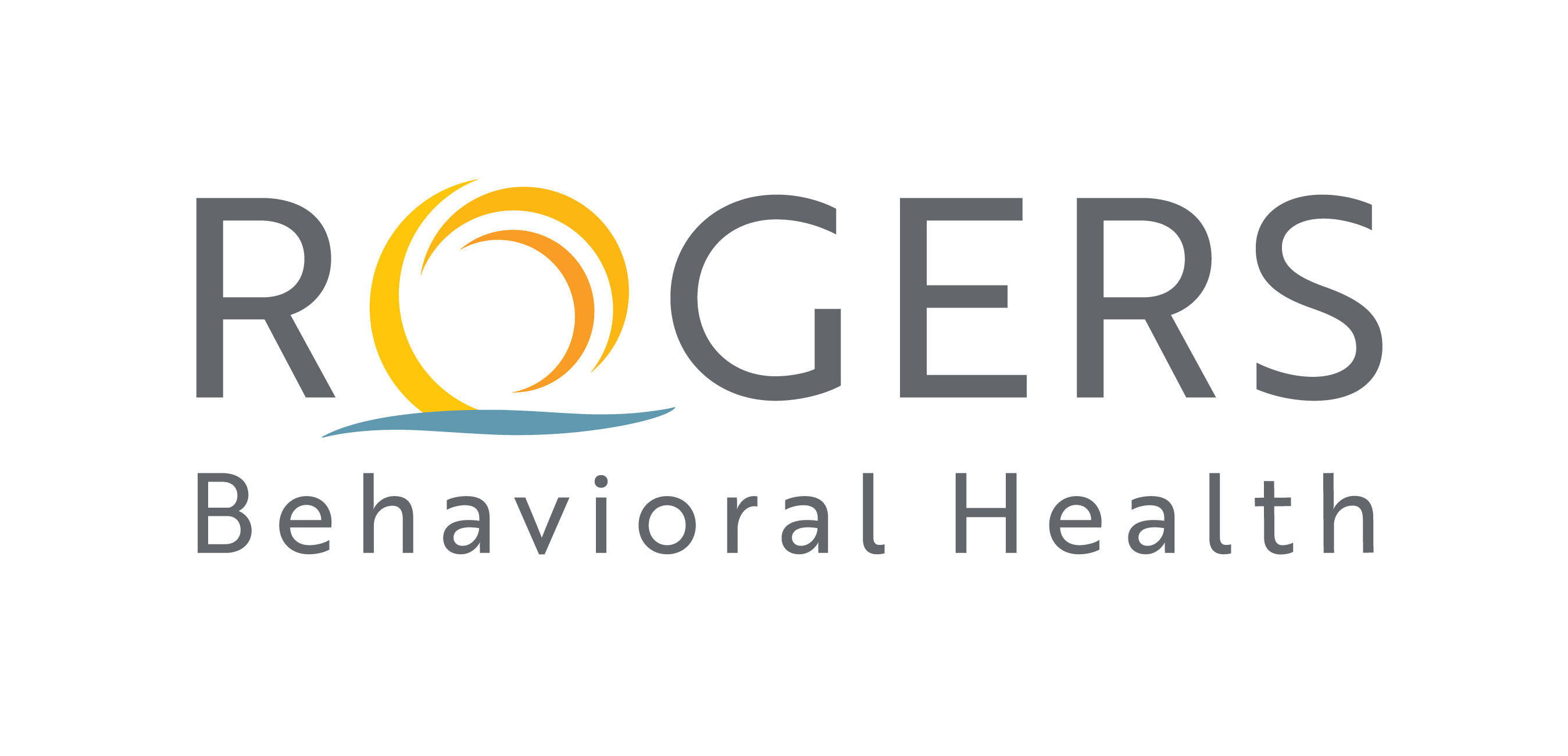Treating anxious and depressed youth with ASD during COVID-19: The challenges and promise of telehealth
This live, interactive webinar presentation (90 minutes) will focus on how to treat symptoms of anxiety and depression among youth with autism spectrum disorder (ASD) via telehealth during the COVID-19 pandemic. Designed for intermediate practitioners, this presentation will address common difficulties among anxious and depressed youth with ASD due to the increased stress associated with COVID-19 and quarantine, discuss how treatment techniques differ between in-person and telehealth modalities, and provide specific strategies for modifying telehealth treatment to increase participation, engag...Read moreement and response. Ample time will be allotted at the end of the presentation to address audience questions. Less...
Learning Objectives
- Identify at least three strategies for parents and providers of youth with ASD to facilitate coping with changes in routine due to COVID-19 and quarantine.
- List and describe at least two barriers to telehealth treatment delivery unique to anxious and/or depressed youth with ASD, as well as one effective measure to address each.
- Describe at least three adaptations to telehealth treatment that address social and communicative deficits or dysregulated behavior among anxious and/or depressed youth with ASD.
Learning Levels
- Intermediate
Thursday, June 25, 2020
01:00 PM EDT - 02:30 PM EDT
Register for this WebinarAbout the speakers
CE Information - Earn 1.5 CE Credit Hours
CE Approvals
American Psychological Association
Association of Social Work Boards
National Board for Certified Counselors
Other Professionals
CE Process Info
A Contuing Education Certificate for this program will be obtained usingthe website CE Go. After the event, you will receive an email with a link to CE Go. This link will be emailed to the account you used to register for this event.
Upon accessing the CE-Go website, you will be able to:
- Complete the mandatory evaluation form
- Download your CE Certificate in PDF form
AGENDA
1 pm ET Welcome and speaker introductions
1:05 pm Significant changes to daily routine in the context of ASD
• The impact of COVID-19/quarantine on daily routines
• Strategies for coping with increased stressors
• Need for increased mental health monitoring and intervention
1:25 pm Seeking virtual mental health treatment
• Rationale/evidence for mental health treatment via telehealth
• Teletreatment barriers unique to youth with ASD
• Leveraging telehealth participation and connection
1:50 pm Strategies for individualizing treatment via telehealth
• Addressing communicative deficits via telehealth
• Social coaching via telehealth
• Managing behavior via telehealth
2:15 pm Moderated Q&A
2:30 pm Where to get additional information on this topic


